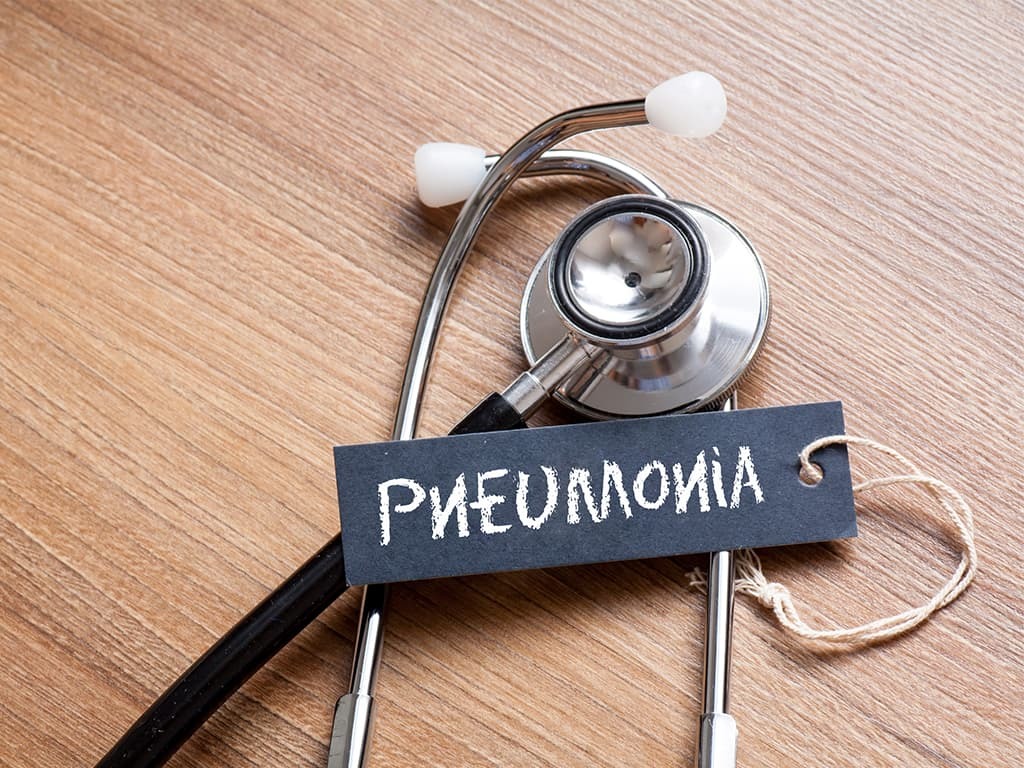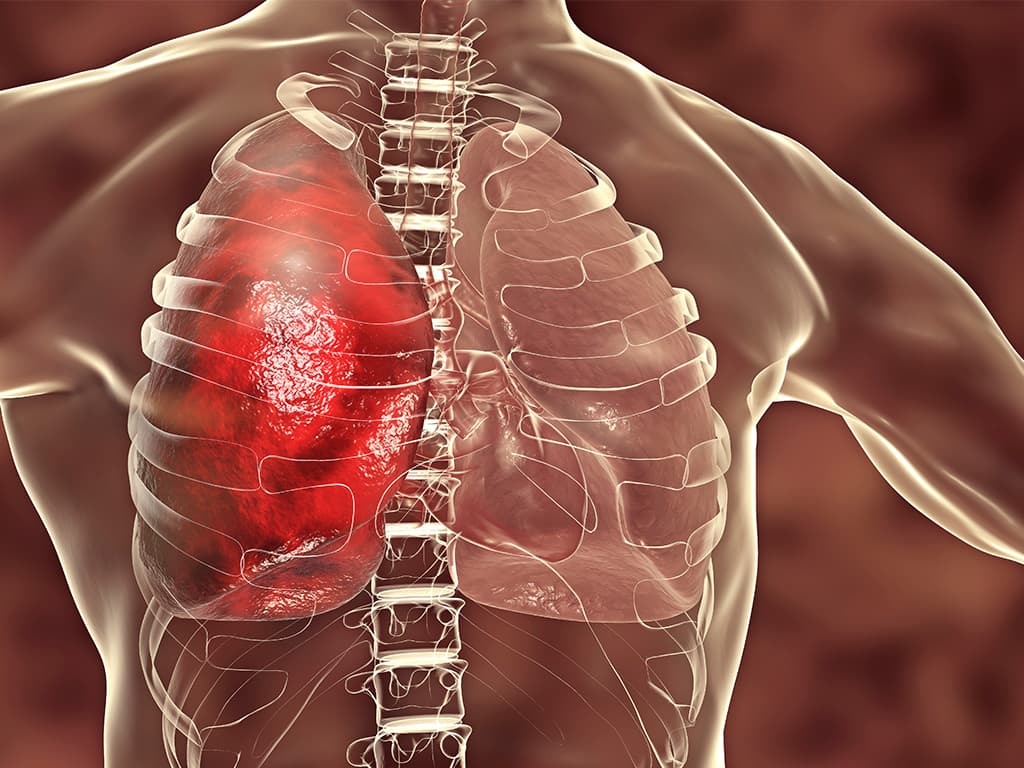- You are here:
- Home »
- Blog »
- Understanding ALS »
- The Risk of Pneumonia Following an ALS Diagnosis

The Risk of Pneumonia Following an ALS Diagnosis
Amyotrophic lateral sclerosis (ALS) is a neurodegenerative disease that affects the body in numerous ways. Gradual muscle weakening as a result of the disease can prevent the individual from conducting the simple day to day tasks that most of us take for granted.
As ALS progresses, it begins to affect vital muscle groups. Chewing and swallowing become harder and harder and simple communication can be increasingly difficult. In the later stages of the disease, the process of breathing can also become significantly affected.
The effect of ALS on the respiratory system raises the risk of developing serious secondary conditions such as pneumonia. Difficulty clearing the pathways and the potential to pick up infections because of the body’s weakness present challenges for the individual and those providing care.
Here we take a closer look at pneumonia, its relation to ALS and measures that can be employed to help prevent it.
What is Pneumonia?
Pneumonia is one of the most common respiratory diseases, one which affects millions of people each year. Whilst in most cases it is treatable, in those with ALS it can often be fatal because of reduced respiratory capacity and other issues associated with the disease.
Pneumonia is an infection in one or both lungs, causing inflammation in the air sacs. It is a catchall term that has a number of causes, including bacterial, viral and fungal infection. The most common precursor in older people, for example, is following a bout of influenza.

The symptoms of pneumonia include a fever, coughing that produces mucus, shortness of breath and chest pains. Both the very young and very old are more susceptible to developing pneumonia, as well as people who have weakened immune systems due to other illnesses.
Pneumonia and ALS
Pneumonia is actually one of the leading causes of death amongst individuals who have been diagnosed with ALS. With reduced lung capacity and the inability to clear airways, it’s important to note that this kind of infection can cause serious issues for someone with ALS.
Even when an infection is not present, it is difficult for those in the later stages of the disease to take a deep breath or cough. Once the nerves serving the muscles that are involved in the whole process of breathing and swallowing are damaged, there is a huge risk that mucus will build-up, even with a simple respiratory infection.
The key, as most experts in the field of ALS will often say, is in prevention rather than looking for a cure. Once pneumonia does occur in the later stages of the disease, it normally requires hospitalization and careful monitoring as simple antibiotics are not enough to control the situation.
Preventing Pneumonia
It’s important that the ALS patient, as well as those caring for them, are aware of the risks of getting a respiratory infection such as pneumonia. Preventative measures include making sure that a flu vaccine is given annually.
If a member of the family or someone else who has contact with the individual has a cold or flu bug, they should be kept away. Practicing high levels of hygiene is also important, such as frequently using antibacterial hand sanitizers. Making sure the individual gets adequate sleep and maintains a healthy diet are also both important and can help build resistance to infection.
These preventative measures become increasingly important as the disease progresses and it’s crucial to monitor the individual for issues such as fever and signs of infection.
Treating Pneumonia
Prevention is always much better than cure, but if someone with ALS does get pneumonia, then immediate medical care received will play an imperative role. This usually involves a visit to the hospital where the individual can get the care they need.
It’s often not enough to simply administer antibiotics. A lot will depend on the cause of the pneumonia. Someone with later stage ALS will also require help clearing their pathway and maintaining adequate hydration.
For those who are having difficulty clearing their respiratory pathways, a cough-assist device may well be recommended. Another solution is to use medications that get rid of mucus build-up.
Potentially Life Threatening Complication
Pneumonia is caused by a viral, bacterial or fungal infection and can be life-threatening for those who have been diagnosed with ALS, particularly individuals in the later stages of the disease. Preventative measures should be in place and caregivers should also be informed enough to know what to look for, so they can recognize any early symptoms of pneumonia that may show in the patient.
